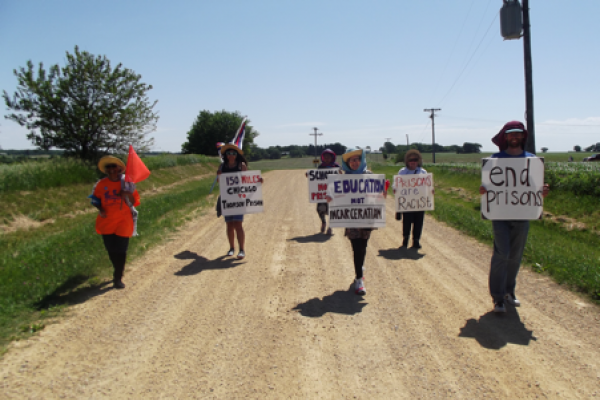Jun 10, 2016
The solution to our awful prison problem is contained in the story of Gov. Edgar, Ratliff, and Celestial Ministries: Make a preferential option for those who are most impoverished in our midst. We might fund these efforts by taking money away from the corporations promoting criminal attacks on innocent people in other lands.
Read the Full Article

Already a subscriber? Login
